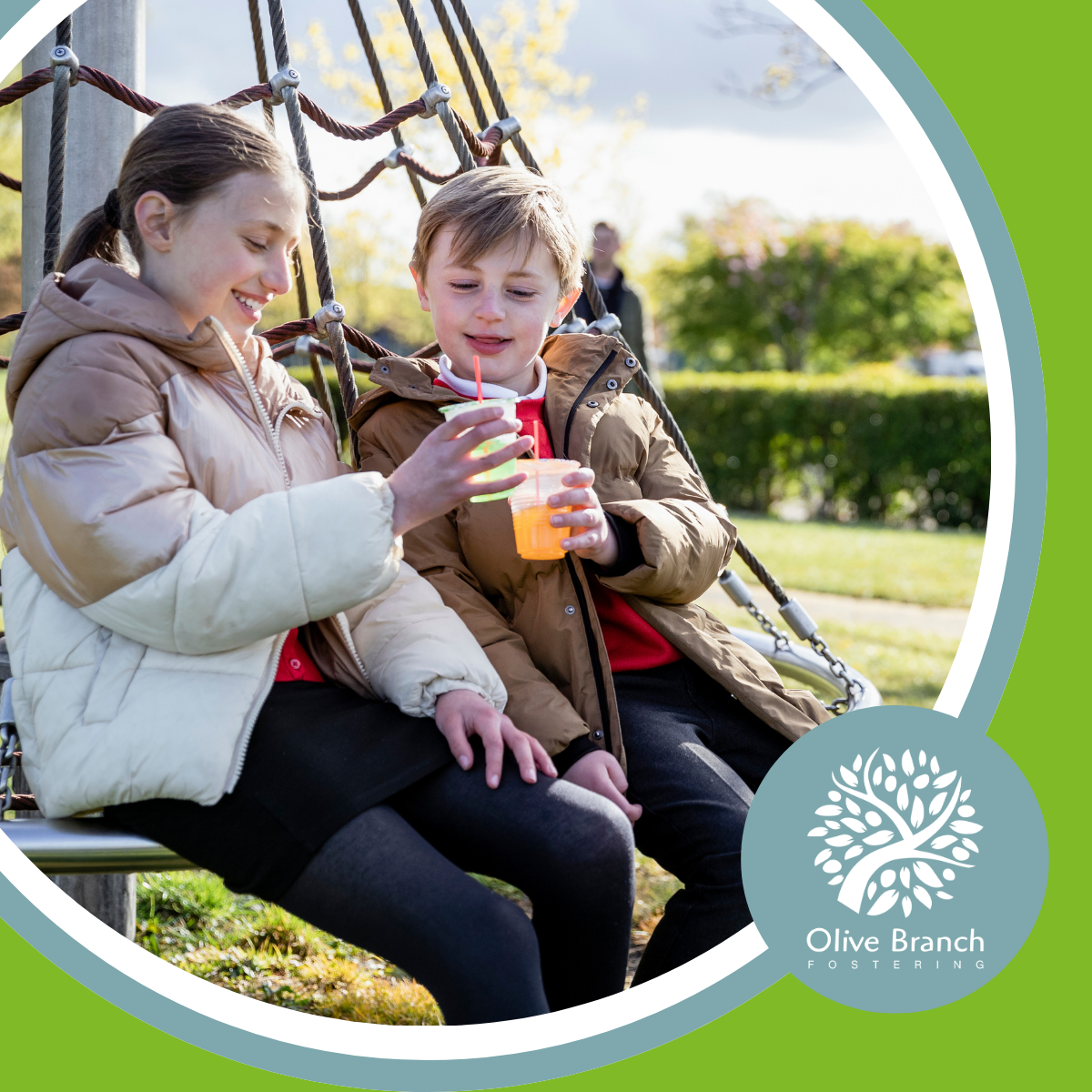Keeping brothers and sisters together in Foster Care
Date published
10 July 2025

Many people don’t realise how often brothers and sisters are separated when they come into foster care. For the North East of England, recent figures from the Department for Education (2023) show that 56% of sibling groups in care were living separately. While these figures have improved slightly over the past few years, the problem remains significant.
A shortage of foster carers who can look after sibling groups is one of the main reasons brothers and sisters end up apart. At Olive Branch Fostering, we encourage anyone thinking about fostering to consider caring for sibling groups if they have the space and interest to help keep families together.
There are times when it’s not right for siblings to stay together. This might be due to family dynamics, the size of the sibling group, concerns about children’s safety towards each other, or differences in their care needs. However, in most situations, it is better for children to remain with their brothers or sisters.
Helping Children Settle
When children enter foster care, they often feel frightened and uncertain. Having a brother or sister with them can help them settle into their new surroundings more quickly and with less anxiety. A familiar face offers comfort in a strange environment, making the early days and weeks in care a little easier for everyone involved.
Providing Emotional Support
Foster care is a big change for any child. If siblings are placed together, they always have someone close who understands their past and can help them cope. When children are separated, they may worry about how their sibling is coping, which can increase their own stress and anxiety.
Maintaining Family Bonds
Foster families work hard to help children feel welcome, safe and valued. Still, children often feel lonely and disconnected when separated from their family. Staying with a sibling can help preserve that sense of belonging, allowing children to hold onto some of the family connections that are so important for their wellbeing and identity.
Fostering services usually require that children over the age of three have their own bedroom. However, there can be flexibility for siblings to share a room, especially if they’re younger. Local authorities in the North East often allow siblings up to the age of 10 to share a bedroom, as long as the room is big enough to give each child their own space.
If you have a double bedroom, you might be able to set it up with bunk beds or two single beds for siblings. However, if you have two spare bedrooms, this can be better for older siblings, giving them privacy and personal space.
The North East faces a shortage of foster carers able to look after sibling groups. According to Fostering Network figures from 2024, the region needs around 700 new fostering households over the next year to keep up with demand, and carers for sibling groups are among those most needed.
Keeping brothers and sisters together can make a lasting difference to their lives. At Olive Branch Fostering, we provide full training and support to help foster carers look after sibling groups. If you’re thinking about fostering and have the space and interest in caring for siblings, we’d be happy to talk to you.
Fostering insights
10 July 2025